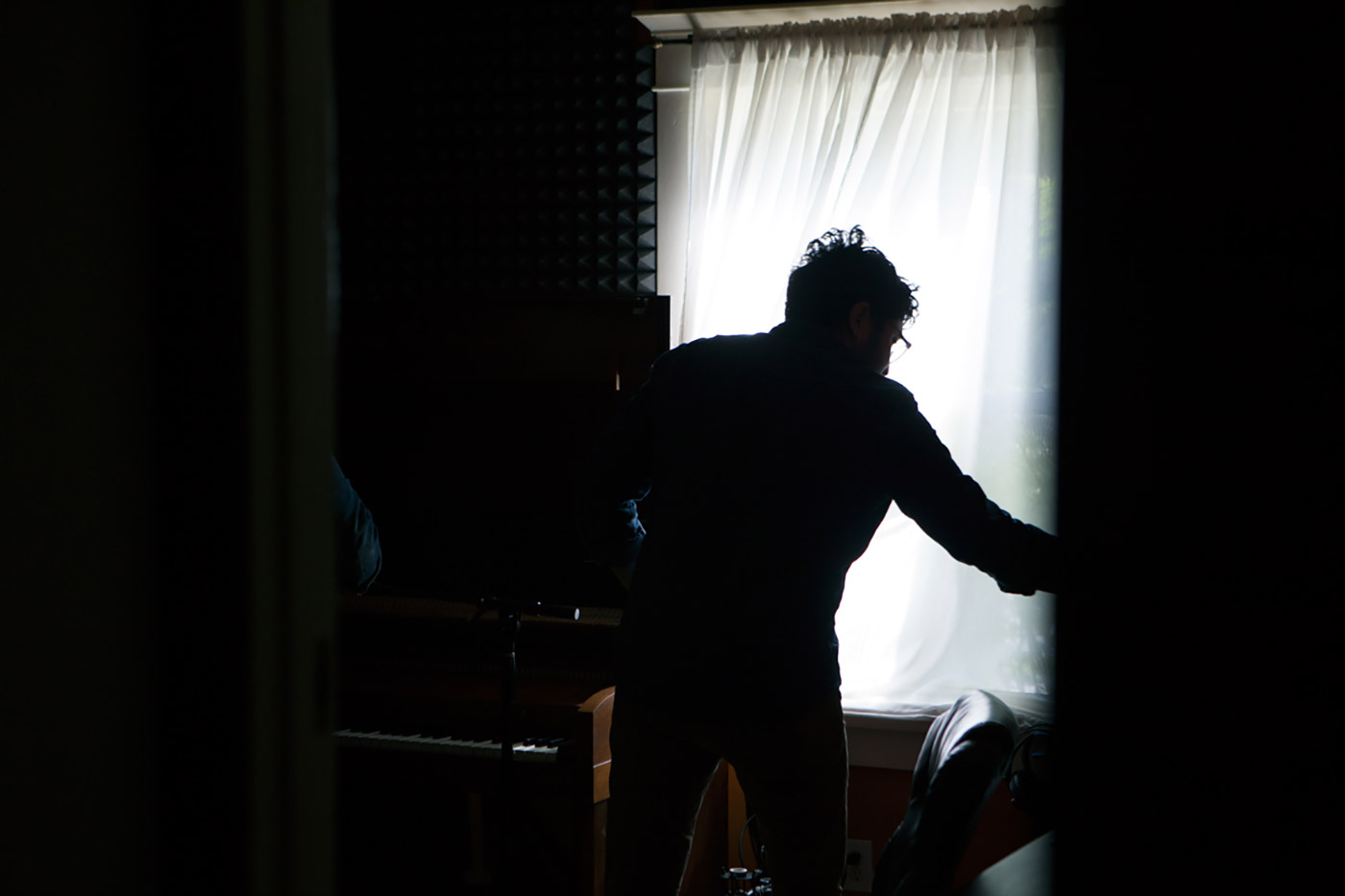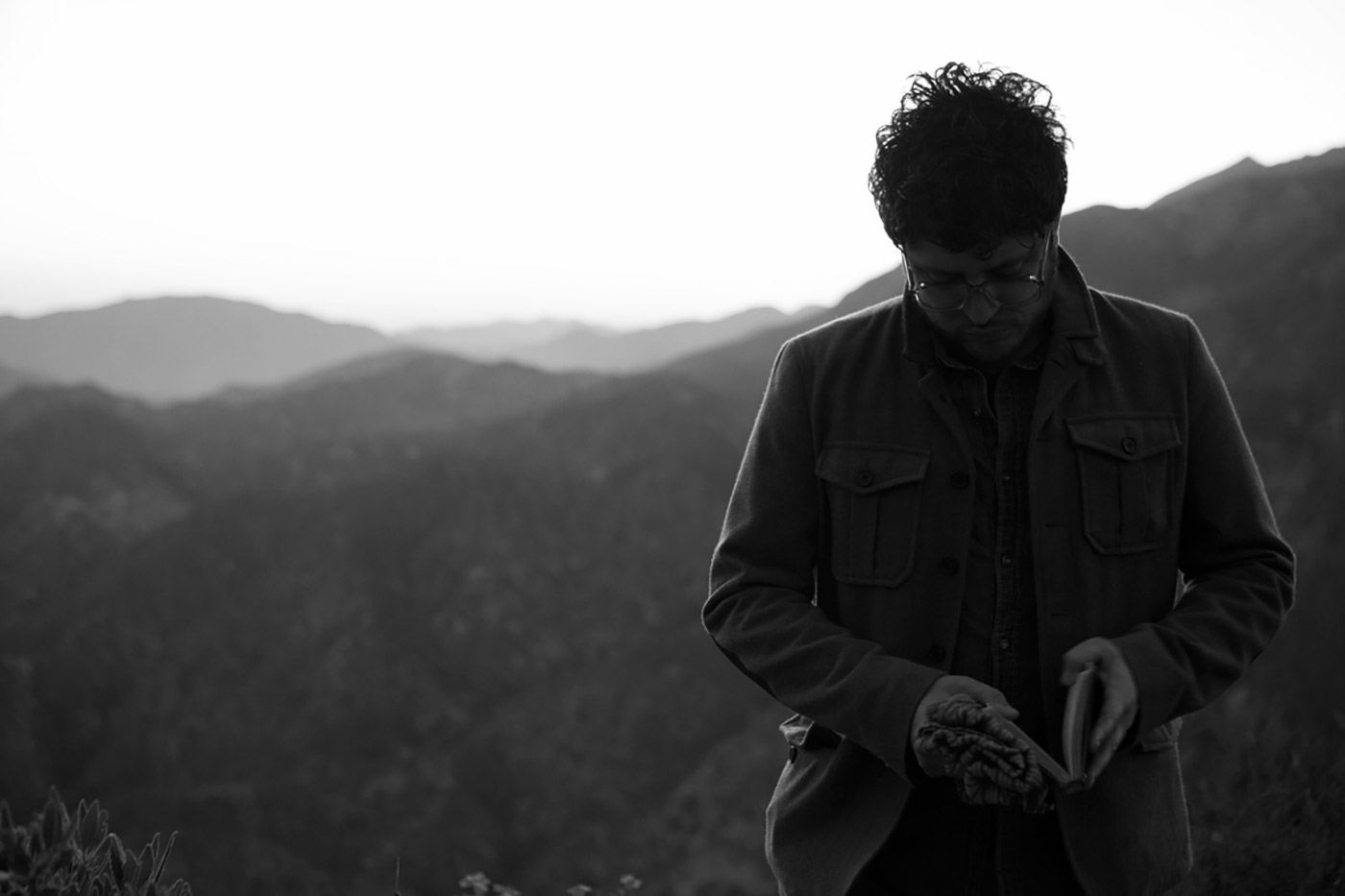“Every story worth telling in some way mirrors our lives…” That’s how David Corbett opens his now canonical book The Art of Character, and after chatting with him, we understand why. According to David, our ability to understand the characters in our stories is directly related to our ability to understand ourselves. He calls this “the intuitive bridge.” It’s how screenwriters move from thinking about their characters to understanding their characters.
Talking with David was eye opening. Like most storytellers, we’ve heard so many tips and tricks and short cuts over the years that they’ve mostly canceled each other out. They’ve become white noise. But David’s advice about understanding character was simple and concise — somehow both surprising and intuitive at the same time. It stuck with us. We’re now convinced that understanding character is one of the most important skills a filmmaker can master, whether they’re making short films or feature-length documentaries.
Read what David has to say about writing compelling characters.

Let’s get right to it. What makes a character compelling?
A compelling character is facing a problem that threatens to redefine his or her entire life. He may not know that in the beginning. Very often he doesn’t. But he does know that he is in a state of lack. He wants something. He wants to marry a particular person. He wants to rescue the hostage. His goal may or may not be simple to accomplish, but it is simple to state, and it will always speak to something very fundamental about what that particular character — and, in a larger sense, all of us — yearns for: a meaningful life. A life that we find rewarding.
In the book you say that in order to understand the characters we create, we have to first understand ourselves. Can you explain that a little more?

What I talk about is building an intuitive bridge between yourself and your character. And the way you do that is by understanding the defining moments of your life. If your life were a story, how would you chart it out? A lot of times our lives seem random and circumstantial, and often they are; but there are certain moments that change this. There are moments of defining vulnerability or success that show us that even in the face of our powerlessness, we can still achieve something meaningful, that the pursuit of our desires is not complete folly.
I often tell students, “Look at your moment of greatest success, your moment of greatest failure, your moment of greatest shame.” Shame is a very valuable emotion for writers because it’s social. It involves your status among other people. It’s a terrible, terrible feeling. And on the opposite extreme is pride, a moment when you’re standing in front of others and, because of something you’ve done, you’re able to face them. Then, of course, there is fear. In almost all stories, if you don’t understand the character’s fear, you’re not going to understand the story.
So when you’re writing and you’re wondering how your character is going to respond to these extreme moments, the best question to ask yourself is, How have I responded? Your characters might not respond the same way you did, but you can learn about them by learning about yourself. That’s what I call the intuitive bridge. It allows you to intuit your characters on a deeper level than just thinking about how they might act.

So you create characters through extreme moments in their lives?
Yes. I always try to find moments of helplessness, moments when they are suddenly up against something they don’t know how to deal with. That always forces characters to react on a deeper level. By deeper, I don’t mean necessarily more profound or more intelligent. Often it’s not. By deeper I mean those characters have a façade, an illusion about themselves that they’re carrying. Moments of helplessness strip that away and reveal the much less adequate, much more fearful people they truly are.
When Gill Dennis was writing Walk the Line, he asked Johnny Cash, “What was your moment of greatest sorrow?” Cash said, “It was when my brother died when I was nine.” Then Gill asked, “What was your moment of greatest shame?” Cash said, “It was when I hit June in front of the kids.” And then Gill said, “What was your moment of greatest pride?” And Cash said, “When the family all played together at the Grand Ol’ Opry.” Gill goes, “Well now we have an arc!” It seems simplistic, but it really is that simple. Writing is simple. It’s just hard to do well.
I think one challenge is that a lot of stories now are so compressed, just a few minutes long. How do you create a character in that short of time?
Well, the thing is you can use very small moments to define characters in really fascinating ways. For example, we learn so much about Tony Soprano just by watching him eat.

Really?
Well, food is kind of a special thing. Food is magical in storytelling because it represents so many different things. It represents home. It represents camaraderie. It speaks to longing and fulfillment. It speaks to community. The preparation itself is an art. I often tell students, “If you’re having problems envisioning your characters, imagine them making something they’re hungry for.” It’s amazing how suddenly the character can just appear. You look at one little thing but there is so much there.
I think it was Pamela Gray, the screenwriter who wrote A Walk on the Moon, who said that when she’s stuck with a character, she’ll put him in a room alone and just see what he does. Sometimes you use that scene and sometimes you don’t.
The thing you always have to understand about your characters is that they want something and that the thing they want, the outer object of desire, speaks to some inner yearning. As a writer, you’ve got to understand that about your characters. You’ve got to understand what they truly want, and you have to find a way for them to scrabble toward it meaningfully. That’s what a story is all about. That’s the juice.

If you had to boil down the basic things people need to understand about compelling characters, what would they be?
There are five things I tell people.
First, You have to understand desire and yearning. What is the external thing the character wants and how does that speak to the internal thing the character wants? Ahab is chasing a whale. Is that all he wants? Of course not. He wants vengeance against God for taking his leg away. There’s a yearning that will never be gratified, and that’s what makes him such a great character.
The second thing is understanding your character’s defense mechanisms. How does she respond in the face of stress, betrayal, conflict, fear? We all experience these things and cope with them in some way. Usually in a story, the characters move from less adaptive coping mechanisms to more mature ones. They become more grounded in reality. That, or they’re given the opportunity to adapt, and they fail at it.
Third: Vulnerability. Often this ties into desire. When you desire something, you automatically have to face the fact that you don’t have it. That makes you feel sort of open to the world. That’s the reason a lot of people don’t identify their true wants. They don’t want to feel vulnerable. The minute a character is vulnerable, though, we immediately feel empathy for them. You can have the most reprehensible character in the world — Tony Soprano, for example — but you feel empathy for him because you see what a mess his life is. Often the key to empathy is giving your character a meaningful problem and having him struggle with it in a meaningful way. We can all identify with that. Vulnerability is key.

Secrets are the fourth thing. If you give your character a secret, it automatically creates depth. Now there’s something your character is hiding. It’s this weird trick, but it really works. It may or may not come out in the story. Usually, though, if a character has a secret, the revelation of the secret is the key dramatic moment. David Mamet once said that all plays are about lies. When the lie is divulged, the play is over. I don’t completely agree with that, but it’s a compelling thought. And I would say, if you’re going to give your character a secret, swing for the fences. Make it a really big secret that, if revealed, will change her life forever.
And the last thing is contradictions. Contradictions are all about contrast. It could be as simple as a middle-class housewife with an inexplicable tattoo. Now that’s pretty fascinating. You want to know more about that character. It could be a nickname that doesn’t make sense. In Richard Price’s Clockers there’s a drug enforcer with the nickname “Buddha Hat.” Now what’s that about? You’re dying to know. Contradictions go against expectations. They fascinate us. And they speak to the fact that there is always more to people than we think.
So those are the five basic things. When I’m building a character, I always ask myself, Okay, what do I know about those five things? If I’ve honed into those five things, I’m on good standing for making a character who is interesting, complex and compelling.

Do you think understanding these principles is important for documentary filmmakers as well?
Oh, yes. Almost every nonfiction teacher I know has to pound it into people’s heads: You’re writing a story. Just because something happened doesn’t mean it’s interesting. And just because something happened in a certain way doesn’t mean you have to tell it in exactly that way. You have to shape things without betraying the truth of the moment. You have to understand the notion of character. You have to dig into your character’s desires, see how the character behaves when something gets in her way, see how she responds when she’s frustrated. You have to find her vulnerabilities, her secrets and contradictions. Ask those questions of any character in a nonfiction story, and you suddenly start seeing them in much more compelling ways.
It’s the same for any story, really. You have to find those moments when the true self is revealed from under the mask. And eventually you realize that it’s not just the stuff of stories — it’s the stuff of life. They both come down to the same thing: facing our utter powerlessness before our fate, and yet somehow continuing to pursue the things we truly want. That’s the great mythological journey of our lives. And if we’re not talking about that, what are we talking about?


















































































